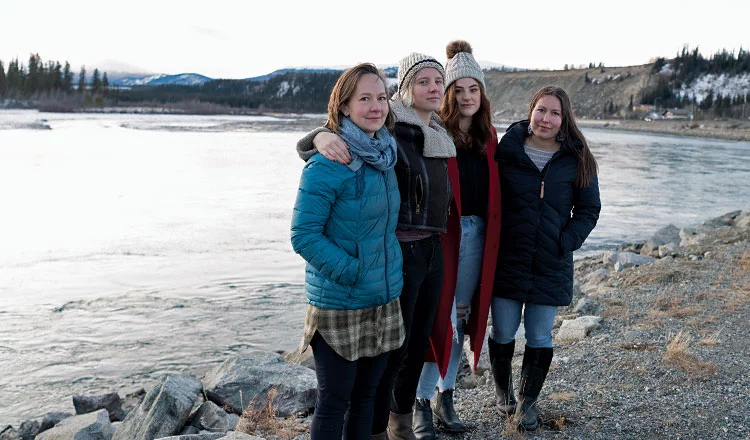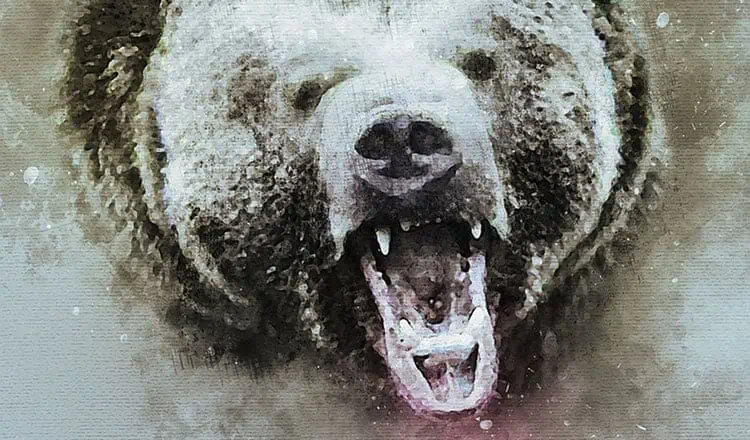At the age of 30, Jerome Stueart met his mother for the first time. It’s an unusual story, but not unique. So here’s the twist: Stueart knew he was adopted but hadn’t even been looking for his mother; she tracked him down.
“I never had any inclination to find her,” he says.
But Stueart, a writer, could spot a good story a mile off. You may have heard his five-part series, Adopting my Mother, on CBC North radio back in 2003. Or listened to his radio essays commemorating Sept. 11, in 2002, describing what it was like to be an American in Canada at that time.
Now a permanent resident living in Whitehorse, Stueart continues to write creative non-fiction as well as science fiction and is currently teaching classes in both genres.
Even with a PhD in English, surely there’s quite a leap between writing about factual events and experiences and writing stories set in other worlds or times.
“It’s not as easy to switch between the two for me,” admits Stueart over lunch at the Backerei Kaffee Haus in Whitehorse. “Because there are times when I write down my creative non-fiction stuff and I think, ‘Oh, this is dull and I’m not sure if this is going to get better.’ Whereas if it’s dull in fiction there’s many ways to spice it up,” he laughs, blue eyes twinkling behind his glasses.
Stueart, of course, knows very well how to spice up his non-fiction, too. He does what he advises his creative non-fiction students to do: steal.
“I was talking to my students last night about stealing everything you can from fiction that works. All the scene-building, all the character building, all the hooks. All the ways to write that are popular and effective with readers of fiction.”
Stueart also knows, however, there can be risks involved in using your own life as subject matter as he has done, particularly if you’re writing about people who are important to you: “Make sure what you write about doesn’t change the very thing you want to preserve,” he advises succinctly.
Stueart is currently writing a memoir about his 4,000-mile road trip through the US and Canada, interviewing people along the road about their immigration experiences and sense of identity.
While he doesn’t yet have a publisher, he’s already working on a five-part radio series based on the book due to be aired on CBC North this spring.
Stueart may have some unusual experiences to write about, but he believes everyone’s life has the potential to be turned into a story, however uneventful it might at first seem. It’s all about how you present it.
“You could write about eating toast and the way you wrote about it could be very interesting,” he explains. “The subject matters, but also how you build the story. Eating toast,” he chuckles as his imagination kicks in, “was something you survived on for many years as a college student trying to get your medical degree and now you’re a nurse.”
When he adds, “Everyone’s life is to me very fascinating,” you know he means it. And you know that’s why he’s such a good storyteller.
PHOTO: RICK MASSIE [email protected]




